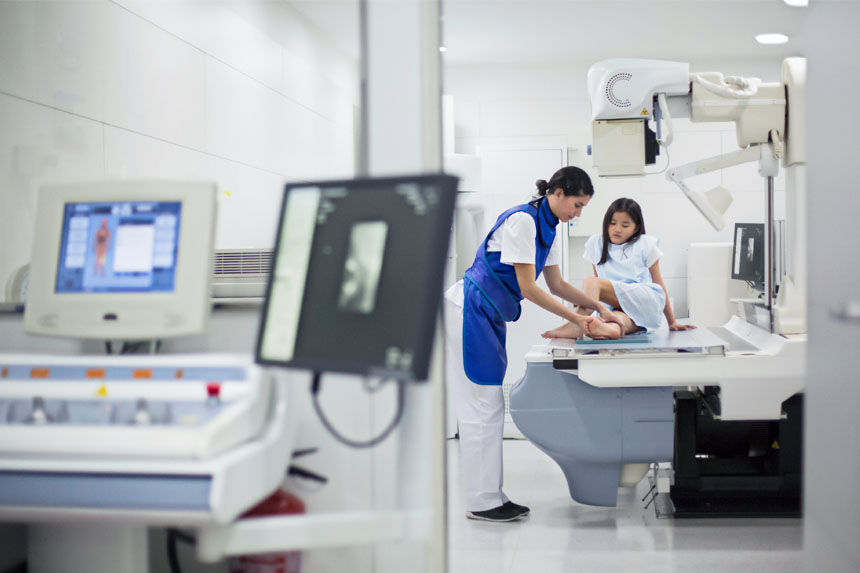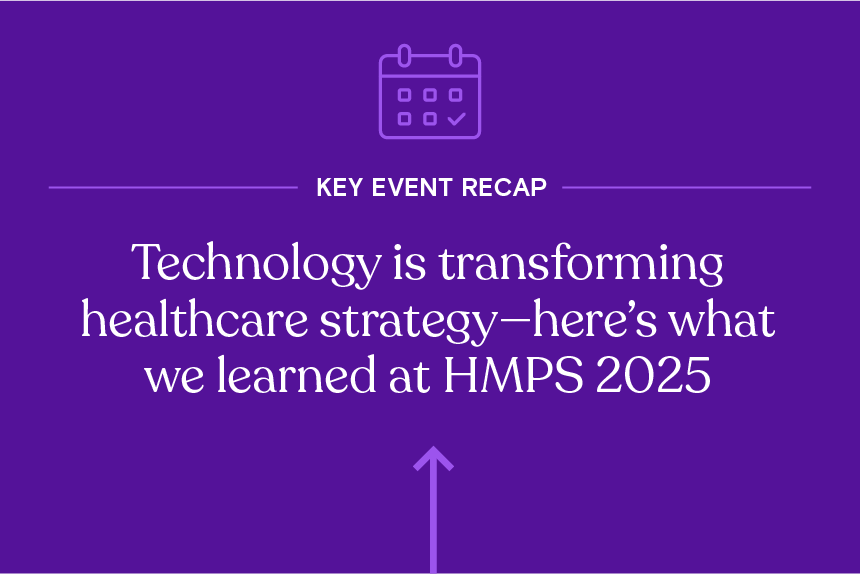It often feels like there’s no corner of healthcare that artificial intelligence hasn’t touched. Medical devices are no exception. Since 2020, the FDA has greenlit nearly 730 AI-enabled devices, highlighting a major evolution of the field. This shift not only promises to enhance diagnostic precision and treatment capabilities but also care delivery for healthcare providers. As we track these developments, it will be exciting to witness how these technologies progress and shape the future of the medtech market.
FDA approvals of AI devices continue to rise annually
The FDA’s approval data for AI-enabled medical devices shows a clear upward trend over the years. Starting from just a handful of approvals in the late '90s, the pace of submissions has gradually accelerated, spiking in the last decade. In 2014, the FDA approved six devices, while in 2024 alone, that number has skyrocketed to 107. As of June 25, 2024, there are a total of 950 FDA-approved AI devices, highlighting the growing adoption of AI technologies in the medical device sector.
More AI devices are gaining FDA approval each year
Fig. 1 – Source: The U.S. Food and Drug Administration
Radiology accounts for the bulk of AI medical device approvals
AI-enabled medical devices are making significant inroads across various specialties, with radiology leading the way. About three-quarters of all FDA-authorized AI-enabled devices are in radiology and one-quarter are described as radiological imaging processing systems or software. This illustrates how AI is changing the way radiologists process images, spot anomalies, and speed up workflows.
Most AI-enabled medical devices were in radiology
Fig. 2 – Source: The U.S. Food and Drug Administration
Companies are also making strides in areas like cardiovascular medicine and neurology. Examples of cardiovascular devices include electronic stethoscopes and software that can help spot heart arrhythmias and signs of heart failure. In neurology, AI devices include technologies that use EEG data to assess brain activity in patients with brain injuries and software that can detect anomalies in the brain’s electrical activity. Overall, the data paints a promising picture for AI-enabled medical devices, particularly in radiology, while also showing ample opportunities for expansion into other specialties.
Large medical device makers lead the way
Major medical device manufacturers such as GE Healthcare, Siemens Healthineers, and Philips are at the forefront of the AI device market, boasting the highest number of FDA-authorized products. This year, GE launched the Signa Champion MRI scanner, equipped with AI features like AIR Recon DL software to enhance image quality and Sonic DL technology for quicker image acquisition.
In addition to these industry giants, startups like Aidoc Medical, Viz.ai, and Clarius Mobile Health Corp. are carving out their niche by developing solutions that help clinicians make faster and more accurate diagnoses. The increasing number of smaller companies entering the field, even with just one or two applications, reflects a growing interest in AI across various applications.
Moreover, companies outside the traditional medical device landscape are getting involved in this innovation. For instance, tech giant Apple has introduced features in its watches that monitor data for heart arrhythmia detection—a step towards integrating health monitoring into everyday life.
Partnership opportunities in the AI-enabled medical device market are ripe
As the landscape continues to evolve, partnership opportunities in the AI-enabled medical device market are ripe. Companies are increasingly recognizing the value of joining forces to drive innovation and enhance their competitive edge.
A notable example is 3D imaging startup JelloX Biotech, which is teaming up with Minnesota-based Mayo Clinic on AI-powered imaging analysis technology. JelloX has developed a 3D pathology imaging technology for spatial analysis to support precision cancer diagnosis, with Mayo Clinic supporting further development.
Meanwhile, Viz.ai has formed alliances with various healthcare systems and hospitals to integrate its AI-driven platform for real-time imaging analysis, highlighting the importance of collaboration with clinical partners in expanding market reach and enhancing patient outcomes.
Investments and acquisitions are heating up in this sector, too. Recently, Radiology AI vendor Lunit acquired rival company Volpara Health Technologies for $193 million, boosting Lunit’s capabilities in AI-driven cancer diagnostics. And Stryker has picked up care.ai to strengthen its health IT offering and wirelessly connected medical device portfolio.
This evolving landscape underscores the competitive nature of AI-enabled medical devices. For industry players, focusing on collaborative partnerships and strategic investments will be key to uncovering new growth opportunities.
The future of AI in medical devices
The rise of AI-enabled medical devices is poised to reshape both the quality of care for patients and the experience of care delivery for healthcare providers. Radiology is at the forefront of this transformation, but innovation is happening across various specialties, driven by both startups and established companies. As firms pursue partnerships and acquisitions to bolster their tech capabilities and expand their market presence, they are opening new doors for what’s possible in patient care.
For more insights on how AI is transforming the industry, discover these six ways AI is being used in healthcare today. Or read our eBook on launching your medical device for best practices and guidance on how AI is impacting medtech. Ready to explore how Definitive Healthcare can empower your success in this market? Sign up for a free trial today and uncover the patients, physicians, and care centers that need your medical device.





